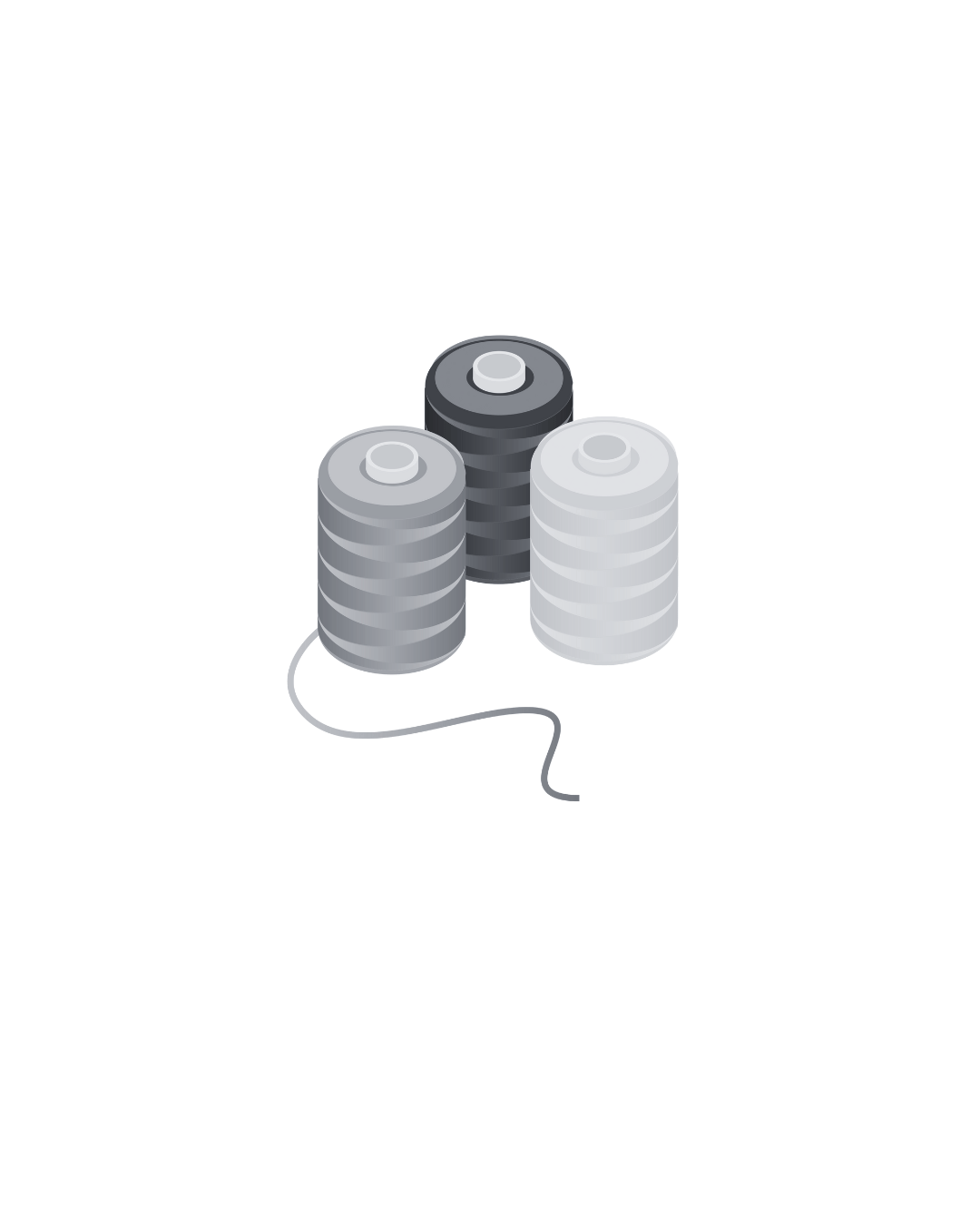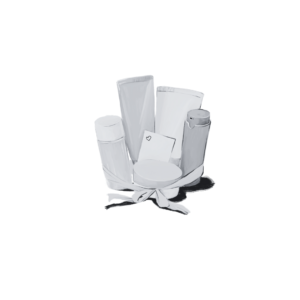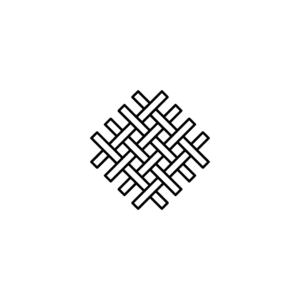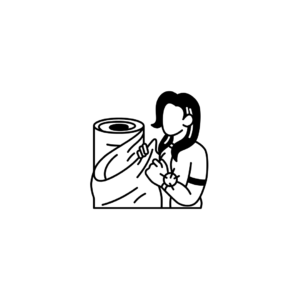Description
A Master of Science (M.Sc.) in Textile Design is a specialized graduate program focusing on the study and practice of designing textiles and fabrics for various applications, including fashion, interiors, and industrial uses. This program blends creativity with technical skills, equipping students with the necessary knowledge to innovate in the field of textile production and design.
Curriculum Overview
The curriculum for an M.Sc. in Textile Design typically includes a mix of core design courses, technical training, and project-based learning. While specific courses may vary between institutions, key components often include:
Core Components
Textile Science and Technology:
Understanding the physical and chemical properties of fibers and textiles, including fiber types, fabric structures, dyeing, and finishing processes.
Textile Design Principles:
Exploration of the fundamental principles of design as they apply to textiles, including color theory, pattern design, and textile aesthetics.
Digital Textile Design:
Training in digital design tools and software (e.g., Adobe Photoshop, Illustrator, or specialized CAD software) for creating patterns and textiles using digital methods.
Weaving and Knitting Techniques:
Study and practice of traditional and contemporary weaving and knitting processes, learning to produce fabrics using various techniques and looms.
Sustainable Textile Practices:
Examination of environmentally sustainable practices within textile design and production, including eco-friendly materials and ethical manufacturing processes.
Pattern Making and Print Design:
Techniques for creating and applying printed patterns on textiles, including repeat patterns and surface design.
Fashion and Interior Textiles:
Focus on textiles used in fashion and interior design, studying trends, market analysis, and applications specific to these sectors.
Textile Production and Management:
Knowledge of the textile manufacturing process, including supply chain management, quality control, and production techniques.
Research Methods:
Skills in conducting research relevant to textile design, enabling students to explore industry trends and consumer behaviors.
Capstone Project or Thesis:
A final project that demonstrates the application of learned skills, often resulting in a comprehensive textile collection or innovative study in textile design.
Career Opportunities
Graduates of an M.Sc. in Textile Design can pursue various career paths in the textile and fashion industries, including:
Textile Designer: Creating innovative textile patterns and designs for fashion, interior, or industrial applications.
Fashion Designer: Utilizing textile design in the creation of clothing lines, integrating fabrics into cohesive fashion collections.
Surface Pattern Designer: Specializing in surface patterns for textiles, wallpapers, and other decorative applications.
Textile Technologist: Working in textile production, overseeing the technical aspects of fabric manufacturing, quality control, and development.
Product Developer: Designing and developing new textile products, collaborating with manufacturers to bring concepts to market.
Research and Development Specialist: Engaging in R&D to innovate new textiles and materials, including those with specialized functions (e.g., moisture-wicking or flame-resistant fabrics).
Sustainable Textile Consultant: Advising companies on sustainable practices and eco-friendly materials in textile production and design.
Textile Merchandiser: Analyzing market trends and consumer behaviors to inform product development and sales strategies in the textile industry.
Further Education
After completing an M.Sc. in Textile Design, graduates may choose to specialize further through certifications in areas such as textile technology, sustainable design, or digital printing techniques. Some may also consider pursuing a doctoral degree focused on textile research or related fields.
If you have any questions about the Master of Science in Textile Design program, potential career paths, or related topics, feel free to ask!









